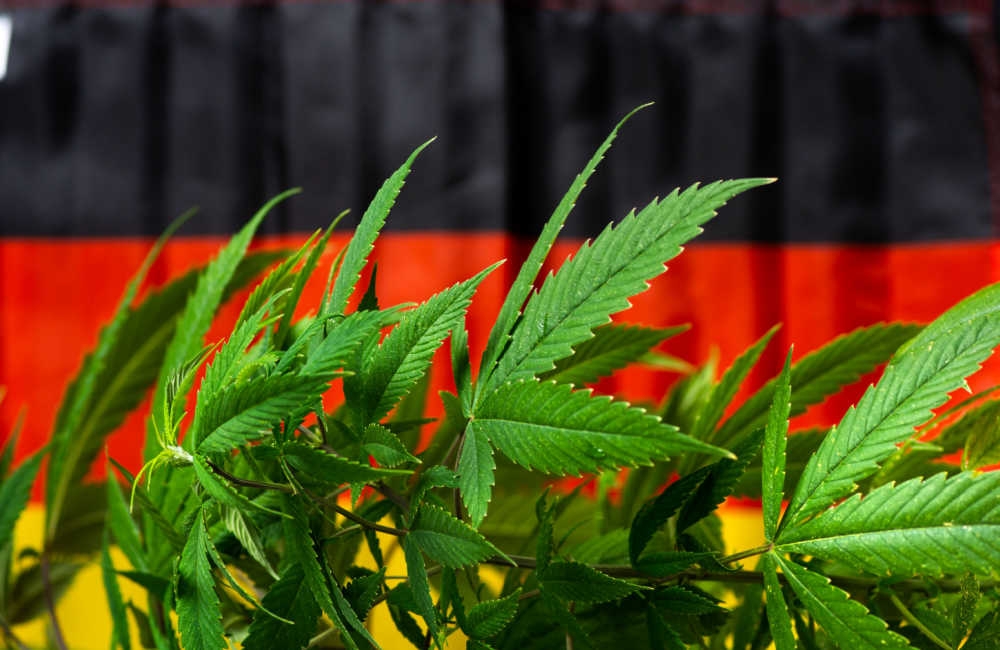How Legal Cannabis in Germany Will Work
Canada and parts of the United States may continue to stand alone as the only places where true cannabis legalization has taken effect. Germany is one of the latest countries to explore the possibility of legalizing recreational cannabis, but recently unveiled a scaled-down version of the national legalization plan.
The proposed plan for legal cannabis in Germany would allow adults to purchase and possess cannabis for personal use, but only as members of designated nonprofit cannabis clubs. That will keep the sale and distribution of cannabis heavily regulated by the government.
The plan also calls for regional pilot projects where commercial supply chains could sell recreational cannabis for limited periods. The purpose of this part of the plan is to collect data to support future public policy.
The plan does not allow widespread sale of cannabis in dispensaries, such as in Canada or 22 states in the U.S. Germany officials also did not set a timetable for the plan to go into effect. Previously, they had hoped to at least start putting a legalized cannabis program into place by the end of 2023.
Limited Scope Compared to Previous Plans for Legal Cannabis in Germany
The plan disappointed cannabis advocates in Germany and around the world. ”Germany is the latest country to scrap, postpone or otherwise present significantly watered-down cannabis legalization plans after originally promising full-scale legalization,” wrote Marijuana Business Daily (MBD).
MBD pointed out that Israel, Mexico and New Zealand all unveiled ambitions in recent years to legalize and regulate adult-use cannabis, only to see those plans fail for various reasons.
In Germany, plans changed after the country’s officials sent a proposed legalization plan to the European Union’s executive committee to ensure its compatibility with EU drug laws. German officials later said they began to rethink their proposal after meeting with EU officials and taking international law into account.
Germany Does Not Have Same Freedom as Canada
Marla Luther, chief strategy officer at Germany medical cannabis company Avextra, told MBD that Germany is restricted by EU treaties in a way that Canada wasn’t when it legalized recreational cannabis in 2018.
Luther said Germany’s hands were tied because it’s part of the Schengen-area countries, which don’t have border controls. “This was the biggest challenge on the European level – upholding the Schengen rules,” Luther told MBD.
While disappointing because of its limited scope, Germany’s proposed plan does offer another example of the growing acceptance of cannabis as a legitimate and beneficial product. In fact, many countries have already legalized cannabis for medical use, recognizing its potential to alleviate pain and treat a wide range of medical conditions.
In addition to the potential health benefits, legal cannabis also has the potential to create significant economic opportunities. The cannabis industry has already created thousands of jobs in countries where it is legal, and has generated billions of dollars in revenue for governments and businesses.
With Germany being one of the largest economies in Europe, the potential economic benefits of legal cannabis are significant.




